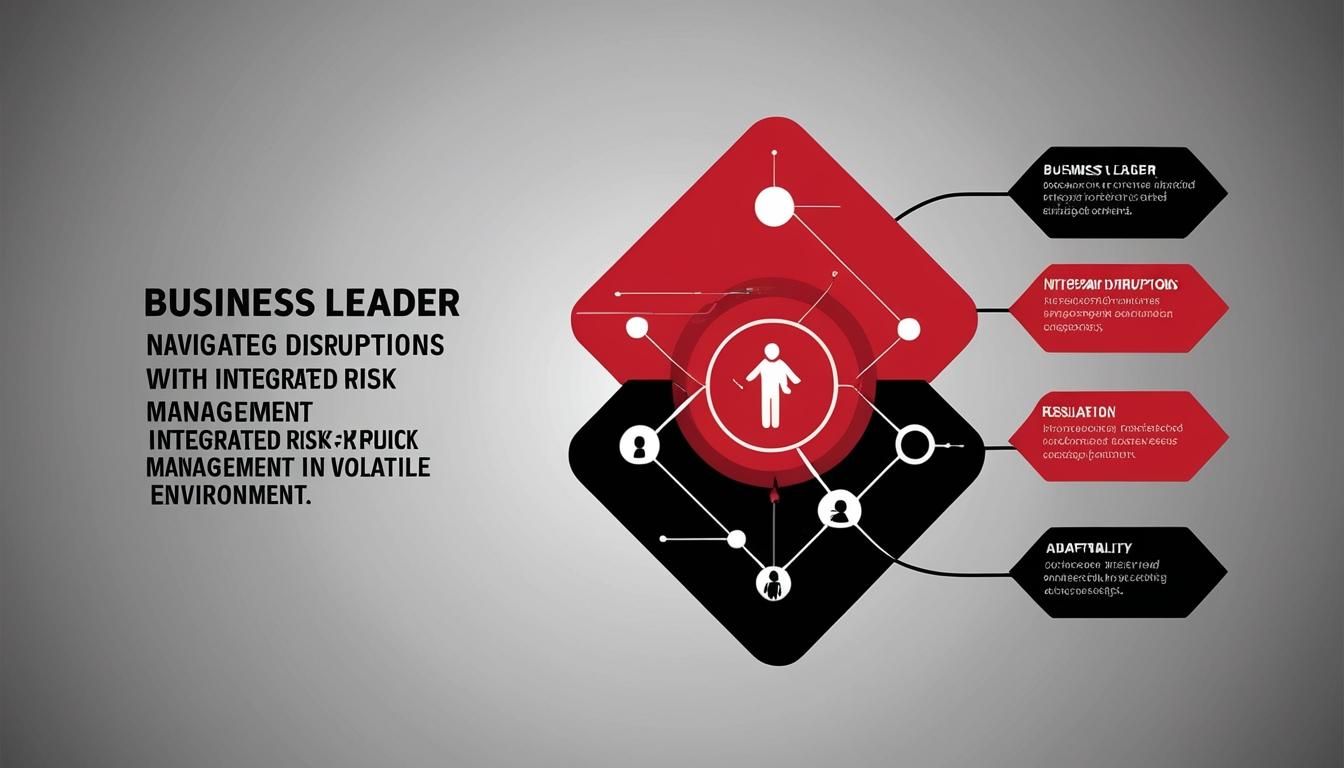In a dynamic business environment characterised by frequent disruptions, the need for sophisticated risk management integrated with Integrated Business Planning (IBP) is becoming increasingly crucial. Birgit Breischuh, a partner at Oliver Wight, shed light on these pressing issues in a recent discussion, indicating that traditional cyclical risk management strategies are becoming obsolete.
Breischuh highlighted that the era of predictable business risks appears to be over, as organisations now face an ongoing barrage of unpredictable challenges. “Today's business landscape is marked by a relentless barrage of disruptions that have transformed what was once cyclical into a constant state of upheaval,” she noted. This shift necessitates organisations to prepare not just for potential crises but for an eventuality of consistent upheaval within their operational frameworks.
Through her experience guiding organisations on their IBP journeys, Breischuh observed that the companies best equipped to navigate crises often possess a robust framework for crisis recovery, anchored in integrated risk management. She recounted numerous instances of businesses that have successfully managed severe disruptions—most notably cyber-attacks—by utilising their IBP processes effectively. For example, an organisation that recently experienced a cyber-attack managed a swift recovery by adopting best practices from peers within their industry that had faced similar challenges.
Breischuh clarified the difference between vulnerabilities and risks, stating that vulnerabilities are manageable issues that organisations can control, while risks often stem from unavoidable external events. She noted, “Many organisations fail to recognise a crucial distinction between vulnerabilities and risks.” This distinction is key to developing a sound strategy for risk management within an IBP framework, one that acknowledges the variety of threats that can undermine business operations, from political changes to natural disasters.
The frequency and intensity of these disruptive events are no longer sporadic but have instead become a persistent challenge that organisations must address. As a consequence, the integration of risk management into IBP has become vital. This approach not only aids in systematic crisis recovery but also ensures that there are established decision-making pathways, effective communication channels, and a robust understanding of dependencies across functions.
Breischuh detailed how modern IBP solutions enhance recovery efforts by providing real-time visibility and the capability for rapid scenario modelling. These systems are pivotal for ensuring early warnings for potential disruptions, thereby enabling organisations to adopt a proactive rather than reactive stance. “The structured approach of IBP creates clear decision-making pathways that remain valuable during disruptions,” she advised.
In addition to upgraded technological infrastructure, the integration of risk management into IBP requires a cultural shift within organisations. Risk assessments must be embedded within regular reviews of business planning, complete with defined ownership and accountability. This system also demands a stringent prioritisation of risks supported by comprehensive registers that guide scenario planning and mitigation strategies.
The consequences of neglecting this integration are far-reaching. Breischuh warned that organisations failing to incorporate risk management into their IBP processes could face extended recovery times from disruptions, deeper financial ramifications, and potential erosion of customer relationships. The threat to market share from well-prepared competitors is another critical concern. She concluded, "Ultimately, in today's volatile business environment, integrating risk management into your IBP process isn’t optional – it's essential for survival."
As companies navigate this new landscape, key questions arise for business leaders regarding their preparedness for significant disruptions and the robustness of their current risk management processes. To survive and thrive in an uncertain future, the critical integration of risk management into IBP must be prioritised, marking a significant evolution in how businesses operate in today’s ever-changing marketplace.
Source: Noah Wire Services
